In recent years, there has been increased awareness of the strain that modern society places on young people. The recent changes the world has experience with the COVID-19 epidemic have made the awareness of mental health issues in teens and children even more relevant. Most parents will miss many of the signs of a developing mental health issue, because teenage mental illness, like so many things, starts off small and tends to develop slowly.
You will want to be aware that an issue can be developing if:
Abnormal Sleeping Patterns
Your teen experiences a significant change in sleep patterns. This can mean that your teen is sleeping a great deal more than usual, that your teen is sleeping very little, or that your teen is sleeping a great deal some of the time but will then experience bouts of sleeplessness.
Change In Energy Levels
Your teen begins to exhibit a significant change in their energy level. This may mean that your child suddenly has little energy and has no interest in things that used to be very interested in. This may mean that your child has a great deal of energy and expresses interest in trying things that have never interested them in the past. This can be particularly concerning if your child experiences a marked increase in energy at the same time they are experiencing heightened levels of agitation.
Lack of Concentration
Your teen begins to struggle a great deal with completing tasks or expresses a new level of difficulty concentrating.
Change In Diet
Your teen experiences a significant change in their eating habits. This may mean that your teen experiences a loss in appetite or that they begin to eat much more than usual. Just as with changes in sleeping patterns, a significant and troubling change in your teen’s appetite can be cause for concern.
Lack of Motivation
Your teen experiences a significant change in motivation. If your teen suddenly experiences a lack of motivation to do things that they generally enjoy or find fulfilling, this can be cause for concern. This type of change may be reflected in the failure to complete school assignments in a teen that has historically performed well in school and takes pride in excelling.
Suicidal Thoughts
Your teen experiences thoughts of suicide. Often your teen may not express these thoughts directly. However, if you notice your teen taking uncharacteristic risks, like driving without a seat belt, or driving at extreme speeds, this can be cause for concern. Also, you will want to take notice if your teen begins to withdraw and indicates a desire to no longer exist. If your teen does share that they are having thoughts of suicide, you need to take this seriously. Never ignore a teen’s statements about a desire to die or kill themselves.
When it comes to supporting your teen through a mental health crisis, you will often be able to begin with your child’s primary care physician. However, there are many professional resources for getting mental health support for your teen. If you feel that you need to find a therapeutic boarding school for your son, consider contacting HelpYourTeenNow.

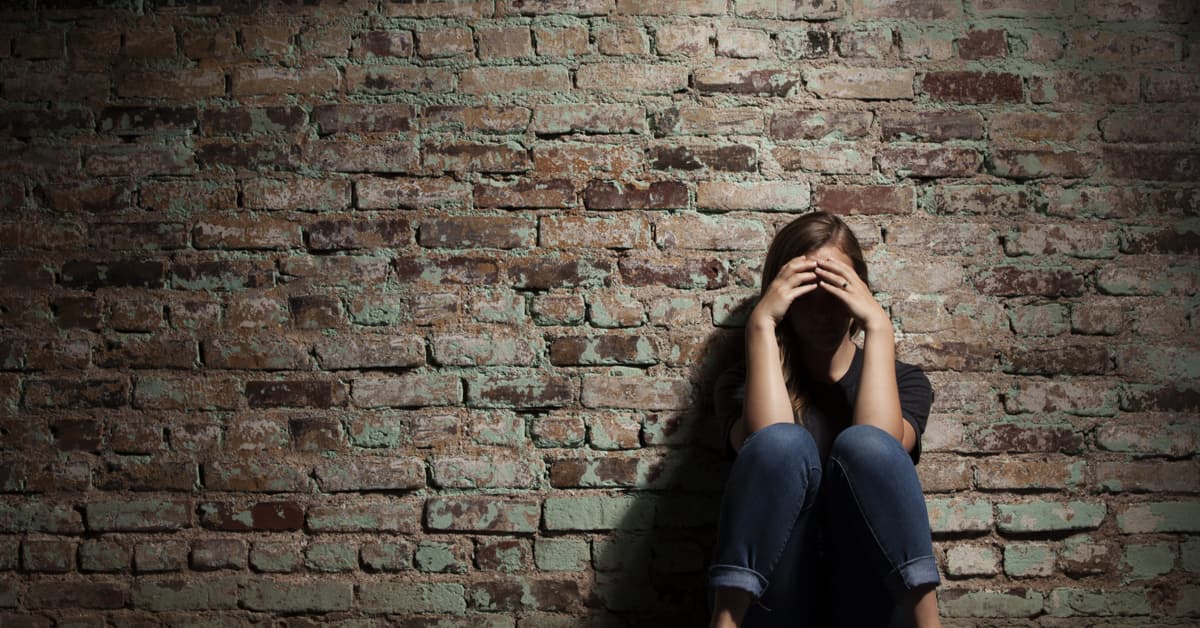


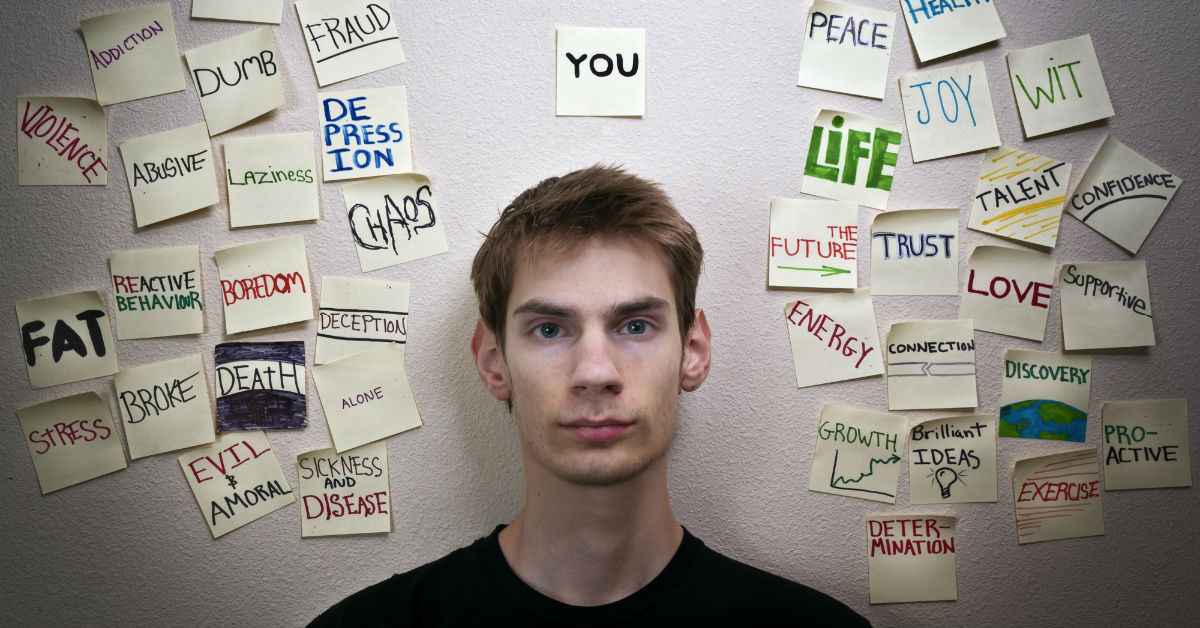
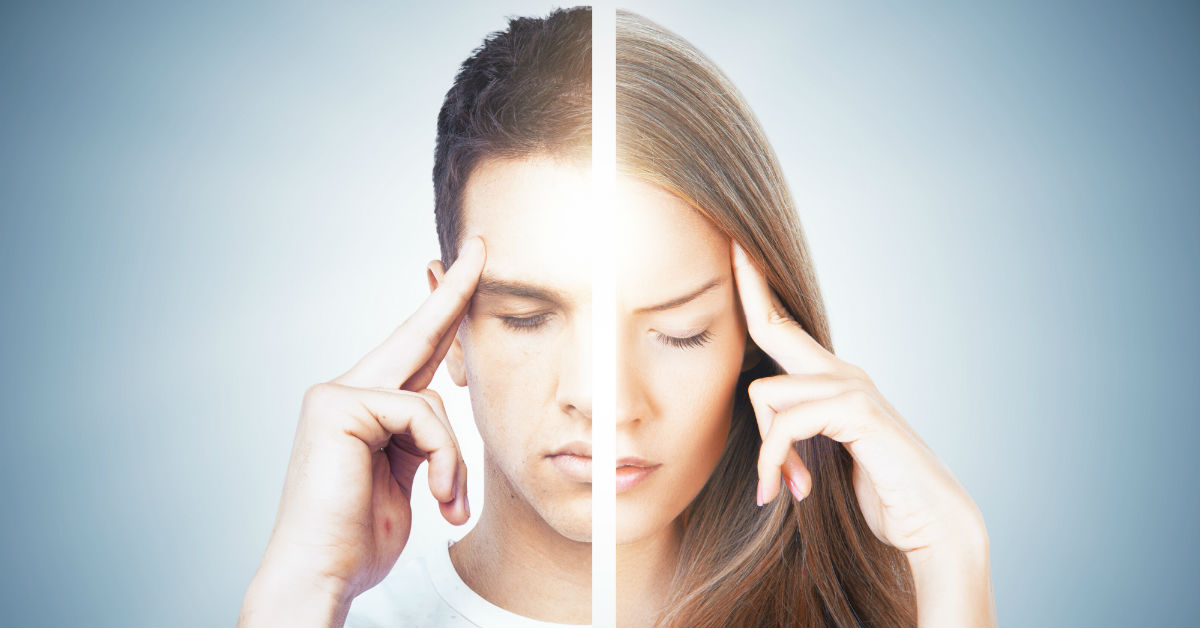


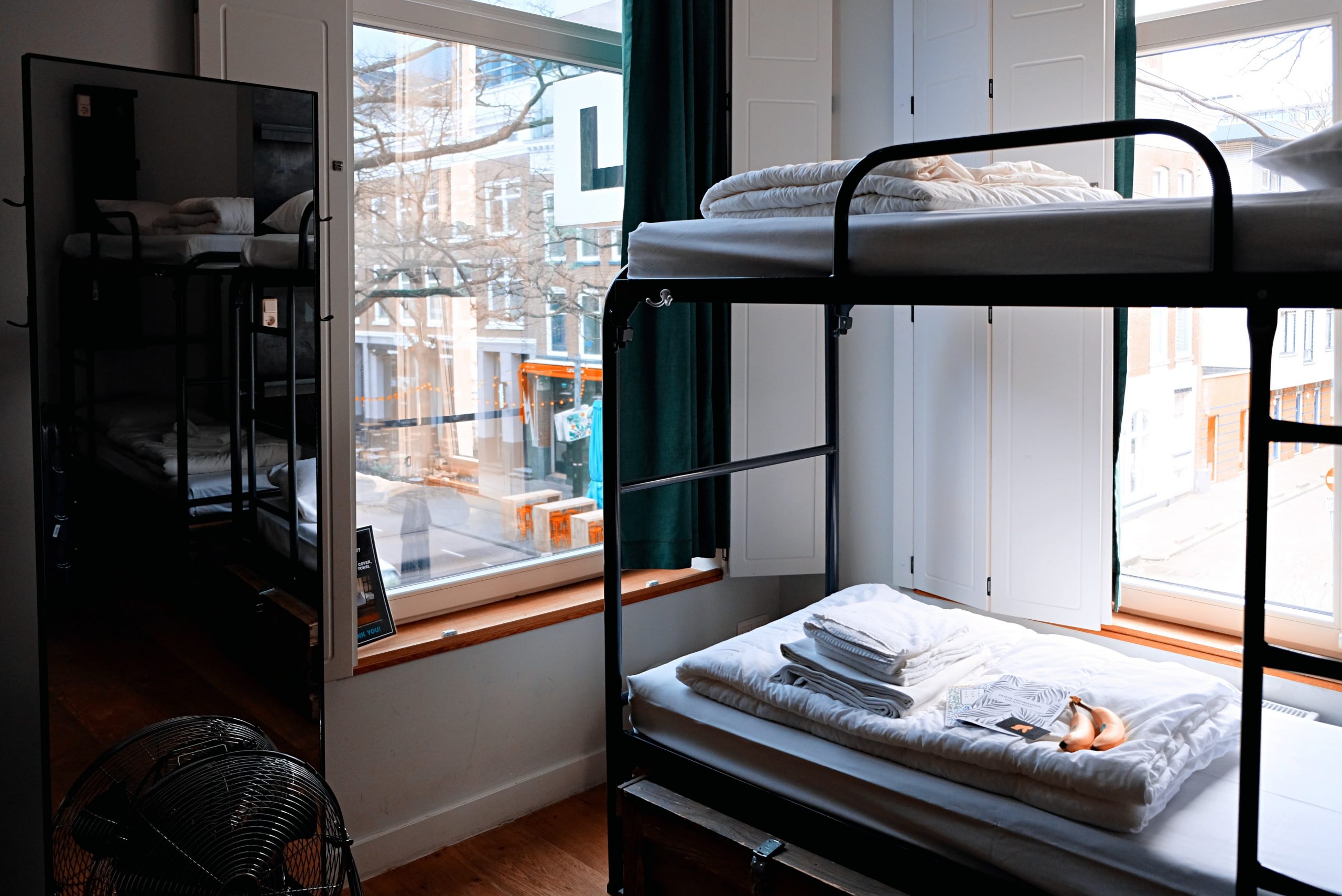

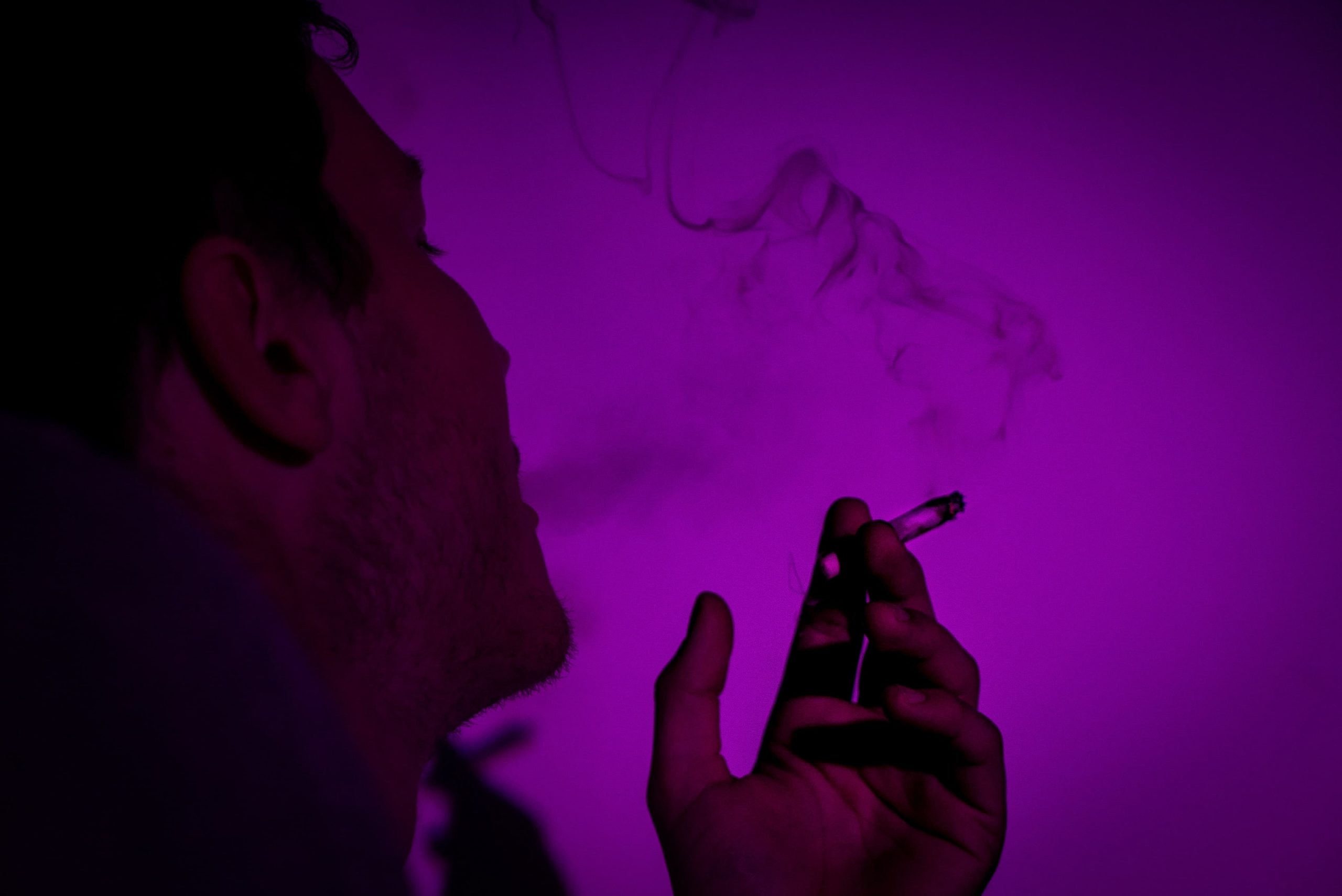
0 Comments